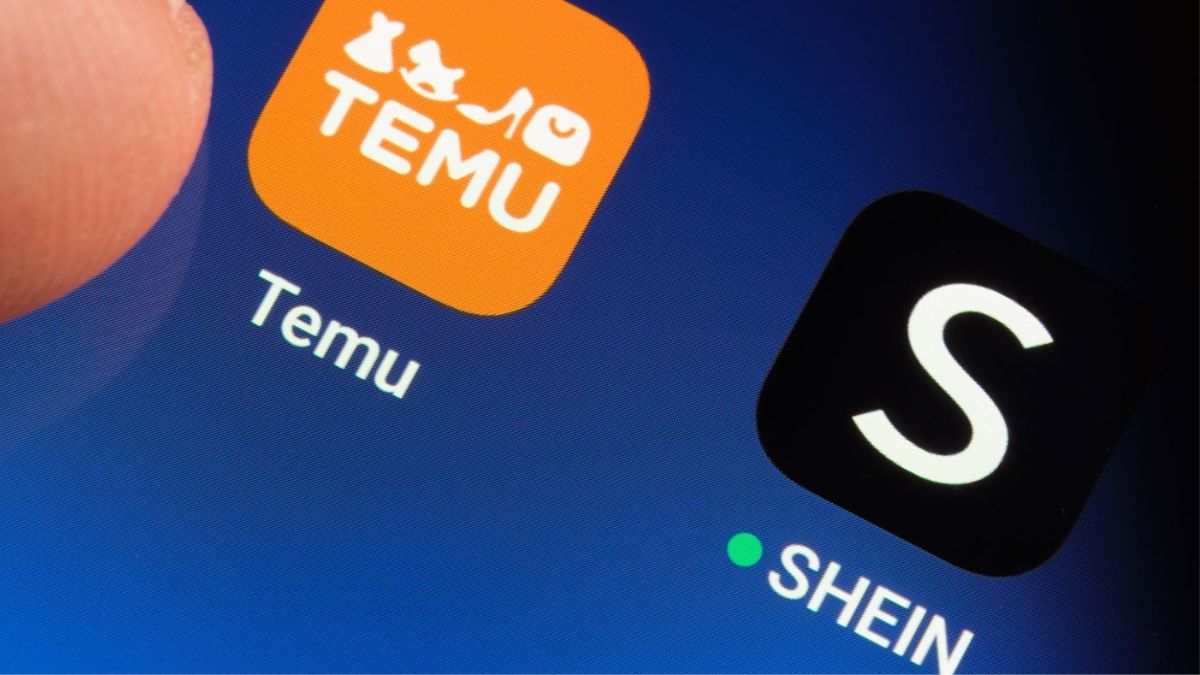The U.S. government is ramping up its scrutiny of fast-fashion giants Shein and Temu with a proposed import rule designed to curb alleged trade abuses. The rule aims to tighten oversight on companies that benefit from de minimis provisions, a loophole in U.S. trade law that allows goods valued at $800 or less to bypass tariffs and certain inspections.
Both Shein and Temu have been criticized for exploiting this provision, flooding the U.S. market with low-cost goods while sidestepping regulatory hurdles that American competitors face. The proposal comes amid growing concerns over labor practices, environmental impact, and the overwhelming dominance of these companies in the U.S. e-commerce space.
Shein, a Chinese e-commerce behemoth known for ultra-cheap, trendy clothing, and Temu, a rising competitor from China’s PDD Holdings, have both capitalized on direct-to-consumer models, shipping vast quantities of goods directly to American customers. Lawmakers and industry advocates argue this creates an uneven playing field for U.S. businesses while also raising concerns about the ethical sourcing of products.
The new rule would impose stricter controls on the use of the de minimis provision, potentially subjecting more shipments to tariffs and inspections. If implemented, this could significantly increase costs for Shein and Temu, potentially reshaping their business models.
The Biden administration’s move is part of a broader effort to address trade imbalances with China and protect American manufacturers. “It’s time to level the playing field,” a senior administration official stated. “U.S. companies deserve the same protections and standards that we’re asking of foreign imports.”
The new rule still in going through the regulatory process has already ignited debates in the retail sector, with consumer advocares and trade experts weighinh the potential impact of the law on prices, competition and trade relations between the U.S. and China.


